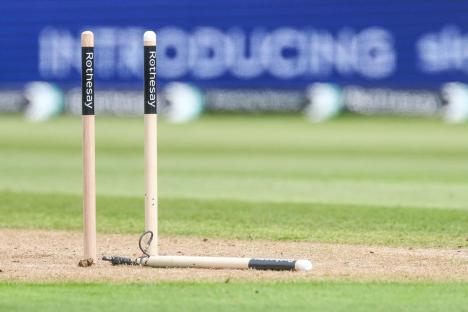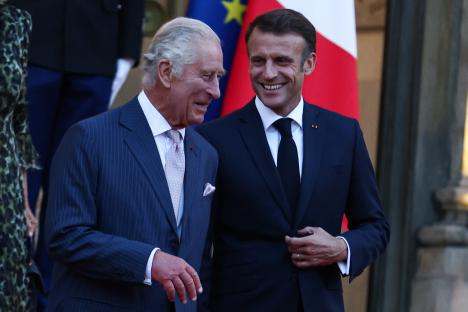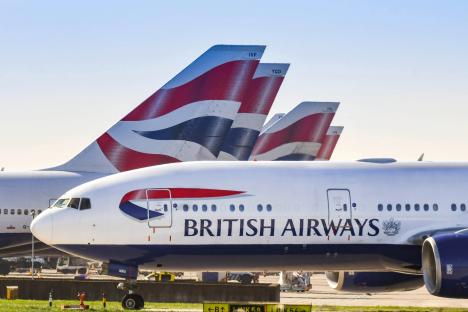Cardston's Ty Schaffer has the same goal as every other young player at Lethbridge's Prairie Baseball Academy (PBA): the pitcher wants to commit to a four-year school, south of the border.
“Video is probably the most important thing for us right now, because we can't play games — we can't go down south,” he said.
Read more: Lethbridge's Prairie Baseball Academy prepares to welcome back players
PBA players have put a greater emphasis on making sure they have video to send to U.S. coaches over the last year, as the program tries to continue its lengthy history of moving players on to scholarships.
Head coach Todd Hubka said all things considered, he's happy with how things have gone over the last year since COVID-19 started, with six players committed to American schools so far.
“You know, (we've been) doing this for 26 years,” he said. “We have a pretty good list of schools that we send kids to in the U.S.
“We're always trying to add new schools, and you know, this year, there's a couple new places that our players are going.”
PBA trains both varsity and junior varsity level athletes. High school players like Riley Pearce have been trying to use the pandemic year to their advantage by focusing on things like strength training.
The Grade 11 student said internal competition has been important for PBA players as they try to stay motivated with no games on the horizon.
“We make up games at practice and little fun things that keep us going,” Pearce said. “(It) makes it a little more competitive than what it usually would be at a normal practice.”
Hubka said keeping players motivated has been one of the biggest challenges.
“It's very tough,” he said. “You know, as a coaching staff, it's tough to stay on guys.
“I call it whatever Groundhog Day we're into now. You know, like, it's over a year of every day being a Groundhog Day.”
Read more: WHL teams participating in smartphone-based COVID-19 screening trial
For PBA's older players like Schaffer, another option to play in the coming months has opened up to more guys. In March, the Western Canadian Baseball League (WCBL) announced that for the first time ever, it would be fielding all-Canadian rosters.
The move, a result of COVID-19 travel restrictions, means more homegrown talent will have the opportunity to play for local teams like the Lethbridge Bulls.
Schaffer is set to pitch for the Bulls this summer and said he couldn't be more excited.
“I grew up watching them. I've always gone to games during the summer,” he said. “It's something I've always wanted to do, and now it's a dream come true getting to play this year.”
Hubka believes the all-Canadian teams will be determined to show that the level can remain as high as ever, without the league's usually large American talent pool to pull from.
“The game has grown so much in Canada that, you know, it's nice to add those U.S. players,” he said. “But there's a lot of talent in this country, and hopefully it shows this summer.”
Read more: Lethbridge Bulls optimistic WCBL will return for 2021 season
The WCBL is expected to release an updated schedule as well as details on the season near the end of April.




